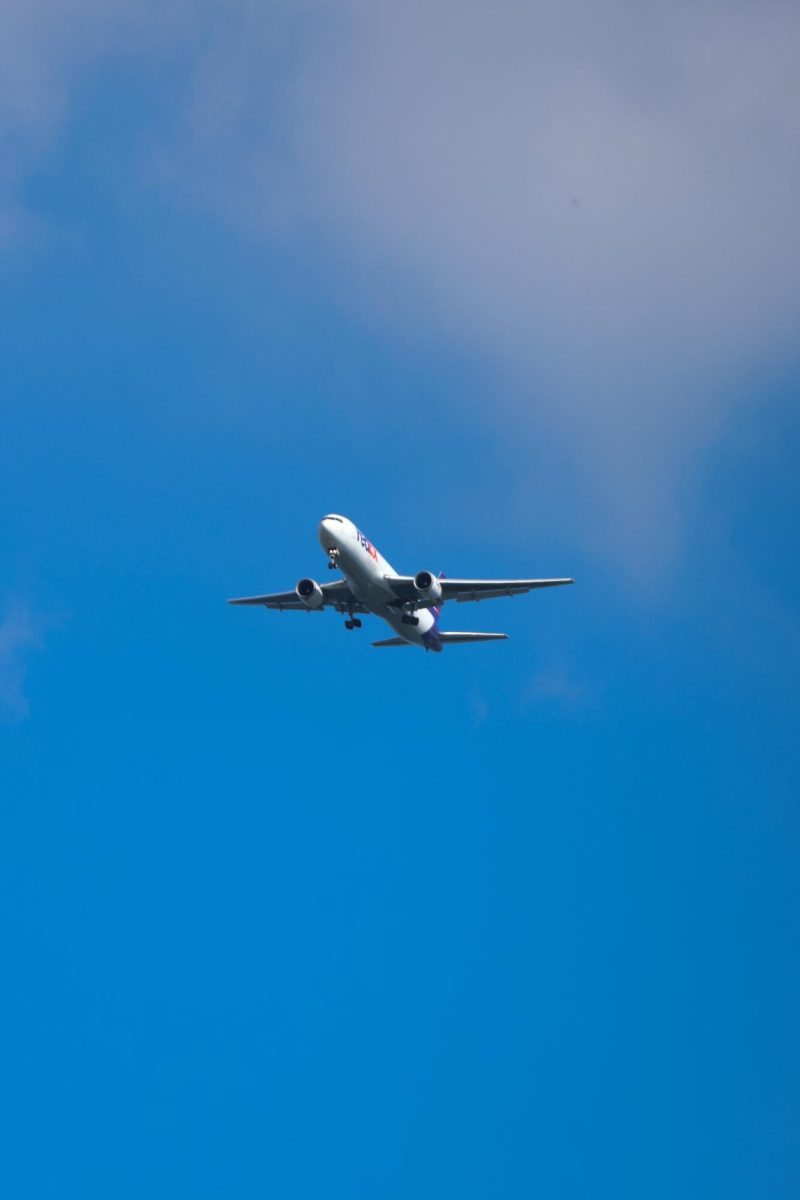“Zero Poverty,” “Peace, Justice and Strong Institutions” and “Reduced Inequalities:” three of 17 goals of the United Nations. Sounds nice, right? The epitome of liberal internationalism, the United Nations was founded in 1945, following the failure of the League of Nations (a supranational organization created in the wake of World War I), to prevent World War II. The horrors of this war, including the Holocaust, revealed the need for a global commitment to protecting human rights. Though it cannot be denied that the U.N. has done much humanitarian good, the reality of this institution and its history does not necessarily match up with an idealized view of it that is largely subscribed to.
Following the world wars, there was a growing call for self-determination and independence. The U.N. played a major role in overseeing a global process of decolonization and supporting the rights of those under colonial rule. Yet, many of the nations pulling out of colonization in regions in Africa and South Asia were the very nations that made up the core of the U.N..
At what point is self-determination truly self-determined if the same global superpowers of the 20 century are dictating the new nations’ democratization?
Though the ideals of individual liberty and democracy seem to be neutral principles that should be enforced globally, democracy in action can mean different things depending on a country’s history and culture. To praise as beacons of ethical diplomacy the very same Western powers that colonized these nations for enforcing a universalized Western definition of liberal democracy, would be to ignore the more nuanced history of our modern world.
Some argue that the U.N. did not adequately address the enduring impacts of colonialism, including economic disparities, political instability and social divisions that persisted post-independence. The effects of colonialism often linger, impacting newly independent nations’ ability to thrive.
In today’s day and age, the economic and historically-born hierarchies within the U.N. remain. The Security Council is the U.N. body responsible for maintaining international peace and security. Its five permanent members — China, France, Russia, the U.K. and the U.S. — hold significant power and have the authority to veto any substantive resolution, regardless of the support it receives from other members. This structure reflects the power dynamics of the post-World War II era as these nations were the major contributors to the establishment of the U.N..
For example, since 1982, the U.S. — one of the most powerful U.N. members — has utilized its Security Council veto 35 times to prevent resolutions regulating the actions of Israel, surpassing the combined total of vetoes by other permanent members during the same period, which stands at 27. Russia and China have also used their veto power to prevent U.N. intervention in Syria, reflecting their respective political interests.
Moreover, the distribution of financial contributions to the U.N. also reflects economic hierarchies. The funding of the U.N.’s budget relies heavily on contributions from member states, and there is a significant disparity in the financial contributions among countries. Some wealthier nations contribute a substantial portion of the budget, while many developing nations contribute significantly less, which impacts the influence and decision-making processes within the organization.
The ability to administer sanctions is a prime example of the imbalance of power in the U.N.. Wealthier or more economically diverse nations might be less impacted by sanctions, compared to smaller or less diversified economies, resulting in unequal consequences among targeted nations.
Another issue that arises is the potential of U.N. sanctions to disproportionately affect civilian populations. Economic sanctions can lead to shortages of essential goods like food and medicine, affecting the most vulnerable segments of society — all in response to actions of the borrower country that are deemed wrong by the lender countries. Such measures can violate human rights by causing widespread suffering.
India has advocated for an expansion of the Security Council, proposing the addition of six more permanent members with veto powers, along with several additional non-permanent members. The Indian ambassador to the U.N., Asoke Mukerji, has highlighted that India has been pushing for an agreement on a foundational document to kickstart negotiations regarding this expansion. Yet, Mukerji has expressed disappointment that, though the U.N. consistently produces negotiation documents for various areas it oversees, when it comes to the crucial task of reforming the Security Council, there has been a notable lack of advancement in presenting a concrete proposal.
But, this is far from the only issue the U.N. has been slow to respond to — some with more dire consequences than this. The U.N. has long been criticized for being overly bureaucratic and having overlapping sectors that hinder efficiency and may cause unnecessary expenditures. The annual U.N. expenditure has soared. In 2015, it was 40 times higher than in the 1950s, even after accounting for inflation.
Recently, the U.N. has been under fire for a delay in aid reaching Syrian earthquake victims after this devastating Feb. 6 disaster. The U.N. took over a week to properly respond, on account of an international law issue in crossing the border. However, numerous legal experts suggest the U.N. could have acted more promptly without explicit permission from the Syrian government or if the Security Council had a broader interpretation of international law used to facilitate quicker action. The delay in aid drew criticism from various quarters, including affected individuals, and has raised questions about the U.N.’s handling of emergency responses.
The global good that the U.N. has often accomplished cannot be denied; nonetheless, it would be wildly irresponsible to hold up this organization as a beacon of good without taking a critical look at the hierarchy of colonial and economic power it was founded in the context of, and the power imbalances that endure inside of it, to this day. Progress is a crucial part of any organization, let alone the largest supranational organization in the world. It is time for reform to make the U.N. more equal and efficient: the very tenants it was built on.





